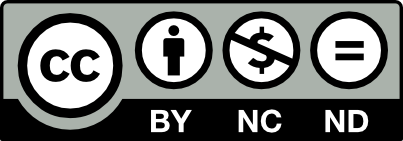Online and offline setting: clinical reflections
DOI:
https://doi.org/10.23823/x7vaad52Keywords:
online therapy; offline therapy; setting; technological progress; therapeutic relationship.Abstract
With the advent of Covid-19 pandemic, the scientific literature has been enriched with contributions highlighting the excellent resources of the online setting, around which there has been a strenuous reorganization by patients and therapists in the pandemic period. However, it is necessary to ask how functional the frequent shift from offline to online and vice versa is for both the clinician and the patient. In the effort to make a comparison, it seems unrealistic to consider the two modalities as perfectly interchangeable, since they are characterized by different advantages and disadvantages that in turn have repercussions on the mental set-up of the therapeutic couple.
Starting with a specific clinical exemplification, this contribution aims to highlight points of contact and divergence between online and offline configurations and intends to open a reflection on the risk of a transfer from one setting to the other during a psychotherapeutic process.
Downloads
References
Downloads
Published
Issue
Section
License
Copyright (c) 2024 Gabriele Gautiero

This work is licensed under a Creative Commons Attribution-NonCommercial-NoDerivatives 4.0 International License.
Authors who publish in this journal agree to the following:
- Authors retain the rights to their work and give to the journal right of first publication of the work simultaneously licensed under a Creative Commons License - Attribution that allows others to share the work indicating the authorship and the first publication of this journal.
- Authors can accept other non-exclusive licensing agreements for the distribution of the published version of the work (eg. Deposit it in an institutional repository or publish it in a monograph), provided to indicate that the document was first published in this journal.
- Authors can spread their work online (eg. In institutional repositories or on their website) before and during the submission process, because it can lead to productive exchanges and increase the work published citations (See The Effect of Open Access) .






